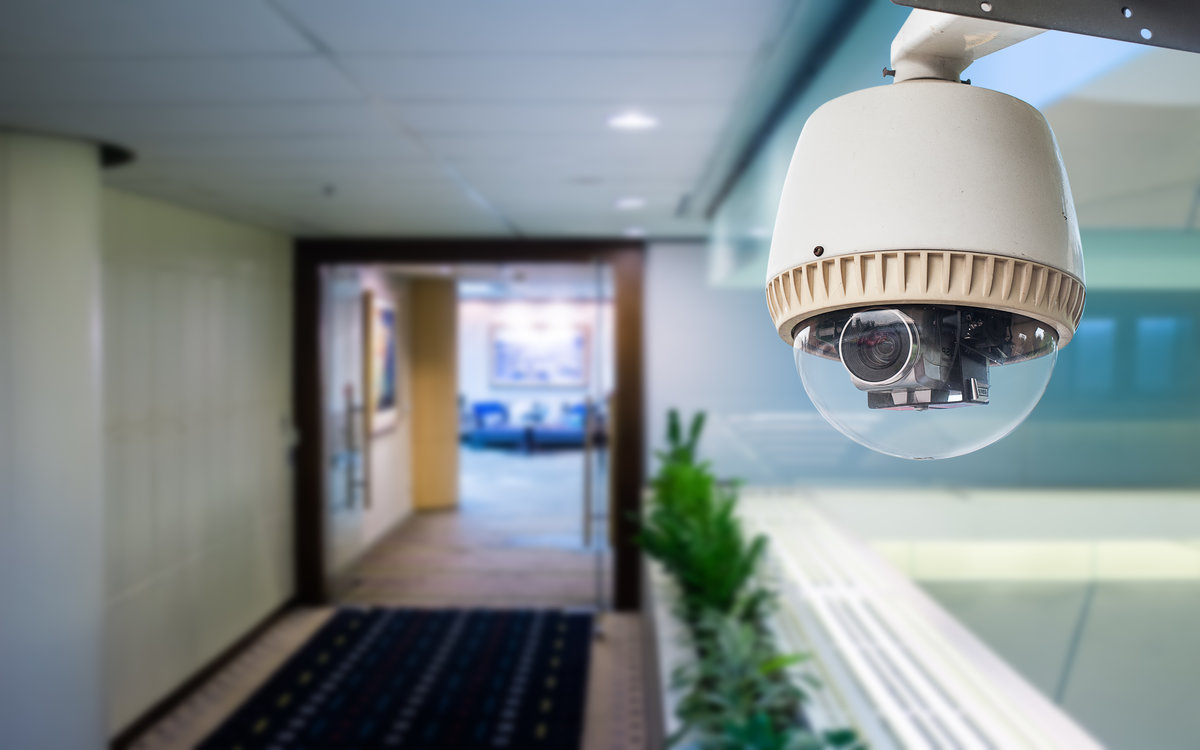Truthfal reporter Izzy Adams takes a look at the benefits and risks of introducing CCTV cameras into care homes, to help monitor and prevent abuse.
In September 2018, Parliament debated on whether CCTV should be made compulsory in all care homes and since then, many organisations and individuals have been backing the idea with the hope of reducing the number of abuse cases and allegations of abuse in the care industry.
I’ve been gathering opinions on the subject and trying to determine the benefits or concerns with regards to having cameras in care homes or cases of domiciliary care.
My initial thoughts on this matter was that CCTV cameras could pose issues of privacy but could potentially be a useful tool in deterring abuse and safeguarding the elderly.
I spoke to Kelly Penter, Adult Care Coordinator at Stayathome Cornwall, who told me of one case where a family installed a CCTV camera in the living room of their relative because they lived up country and were concerned about her having falls or hurting herself in between daily care visits. The cameras never captured any of her personal care but allowed the family to monitor the footage for the sake of her safety and to give them peace of mind. “I can definitely see the benefit it had in that instance.”
Kelly went on to explain how she sees cameras in care homes as a massive breach of privacy and the declaration of liberty in particular: “It’s part of your human rights, and having a camera in your home so you can be monitored 24 hours a day, seven days a week does breach that.”
I was learning that CCTV cameras for surveillance in care homes or domiciliary care can offer the reassurance of a deterrent against abuse as well as monitoring in case of mistreatment. Although it can be seen as an extreme breach of the privacy of care receivers, if used appropriately and agreed to by the client and the carers, cameras for monitoring can be a useful tool for maintaining the safety of the vulnerable and elderly.
“If everyone is aware that it is there and why, then I don’t see why it could be a problem.”
“I’ve just come from a meeting with a family whose sister – who we might start to care for, has been in three different instances where she has suffered abuse at the hands of care givers. If I was a family member in their situation, I would 100% be thinking ‘I want to monitor this and keep my sister safe.’”
Some carers see cameras as a breach of their privacy whilst at work or a sign of a lack of trust, as well as voicing concerns about who would have access to the footage and when it might be used so that it is not taken out of context. However, it is generally viewed that if you have nothing to hide, you should have no objection to having surveillance in place. As Kelly put it: “You have to question, if a member of staff really objects to that, what are their objections?”
“You better have a bloody good reason for not wanting to be on CCTV!”
The instalment of cameras could also mean that carers are protected against false claims of alleged abuse.
Kelly told me of an incident whereby a care provider, working in an establishment which had CCTV cameras in the corridors, was wrongly accused of causing injury to a care receiver who had an accident near to her. She was only saved from going to court thanks to the surveillance footage which proved her innocence. The manager of the care home where it happened had told Kelly: “We don’t look at our CCTV, it goes un-monitored really, the only instance where we look at it is if something happens.”
Although cameras create the risk of invading the privacy of vulnerable clients, if used appropriately they are a crucial tool in deterring abuse of power and offering surveillance in case of accusations of mistreatment or abuse.
I also feel like you’ve got to question whether the invasion of privacy presented by having cameras in care homes compares to the loss of dignity or privacy which abuse threatens – and I feel that if one can dramatically reduce the risk of the other then it is a worthy method.



